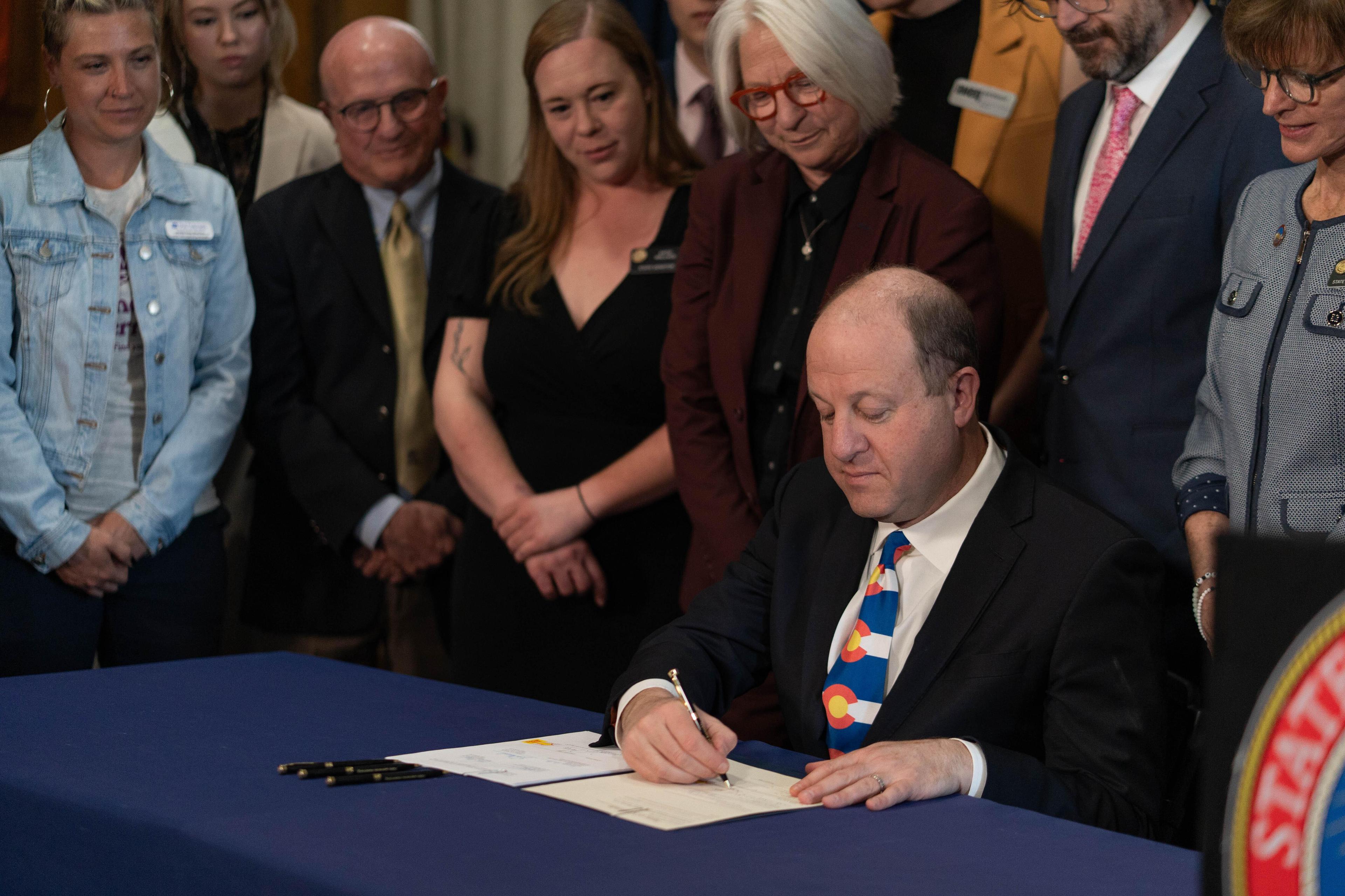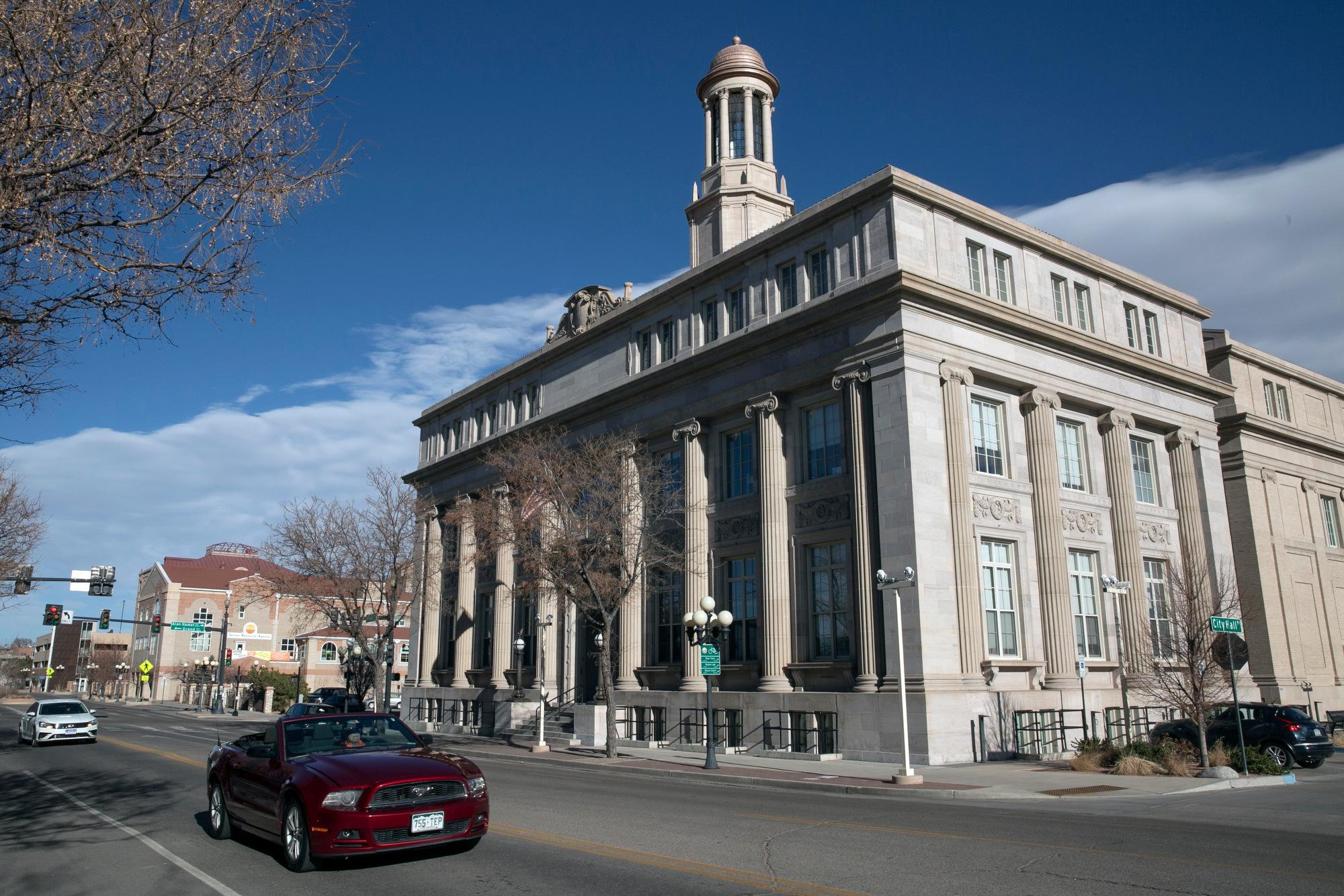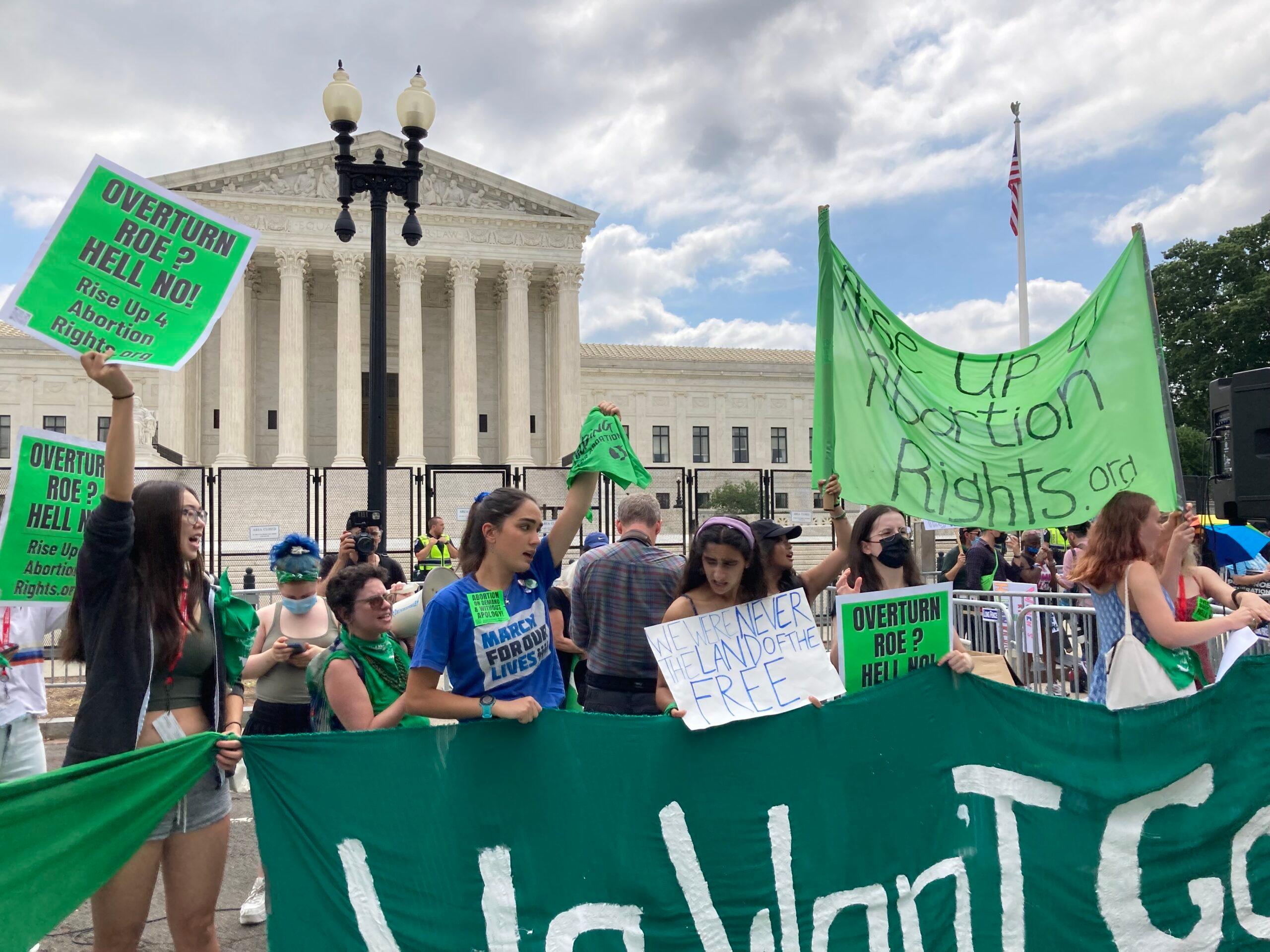
The Supreme Court has ended constitutional protections for abortion that had been in place nearly 50 years — a decision by its conservative majority to overturn the court's landmark abortion cases.
Friday’s outcome overturning Roe v. Wade is expected to lead to abortion bans in roughly half the states.
The decision, unthinkable just a few years ago, was the culmination of decades of efforts by abortion opponents, made possible by an emboldened right side of the court that has been fortified by three appointees of former President Donald Trump. The ruling came more than a month after the stunning leak of a draft opinion by Justice Samuel Alito indicating the court was prepared to take this momentous step.
The decision in Dobbs v Jackson Women’s Health Organization overturns a half century of precedent set by Roe v. Wade and redefines the reproductive rights of pregnant people across the country. Abortion access will now be decided at a state level, rather than being protected as a constitutional right.
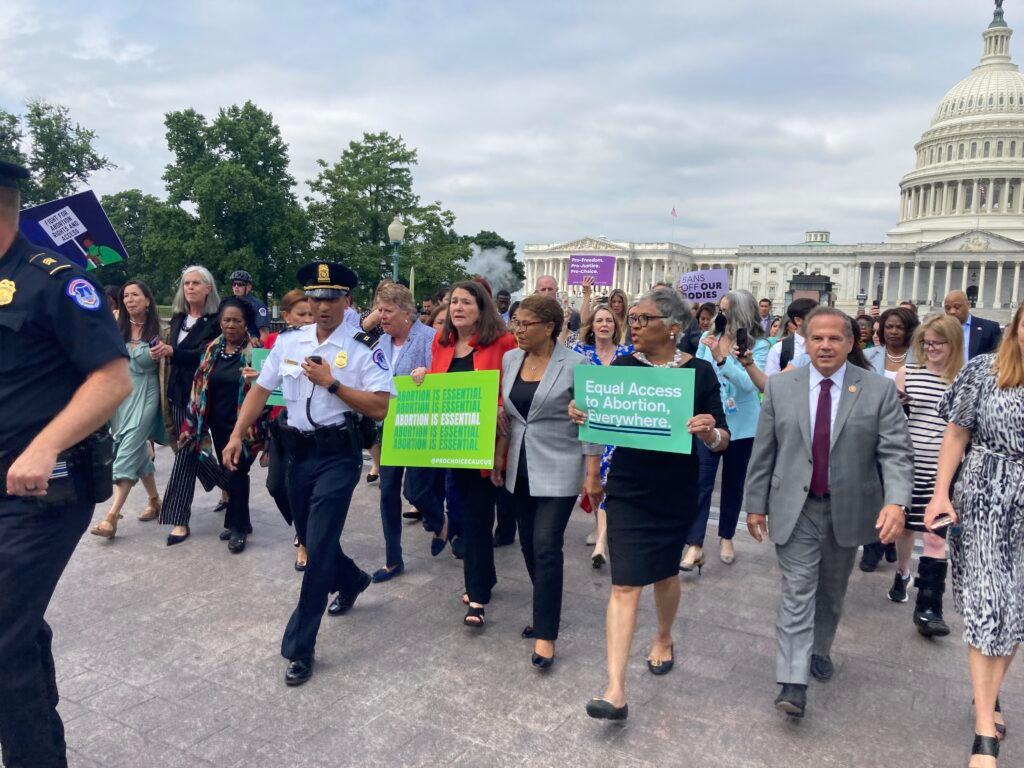
Thirteen states, including Texas, Utah and Wyoming, have trigger laws on the books, which make abortion illegal in the event that Roe is overturned. Those will now take effect.
Until this year, Colorado law did not say anything about abortion — meaning it would have remained legal without Roe simply because there was no law banning it. But during the most recent legislative session, Democrats rallied to pass the Reproductive Health Equity Act along party lines. Gov. Jared Polis signed it in April.
Ruling sparks spontaneous protests
Julia Jackson brought signs to the Capitol as soon as she learned about the decision Friday morning. She's grateful a right to abortion has been codified in Colorado but was emotional.
"It's not just about me," she said. "There are people all over the country that are going to be affected and it's just wrong and I can't stand it."
Elise Hoover of Denver was nearby and felt similarly.
"It's just heartbreaking to think that there are so many women and people out in the country who are going to have that right decided by their state," Hoover said. "I don't know if I could have a career if Roe wasn't something that was around when I was growing up."
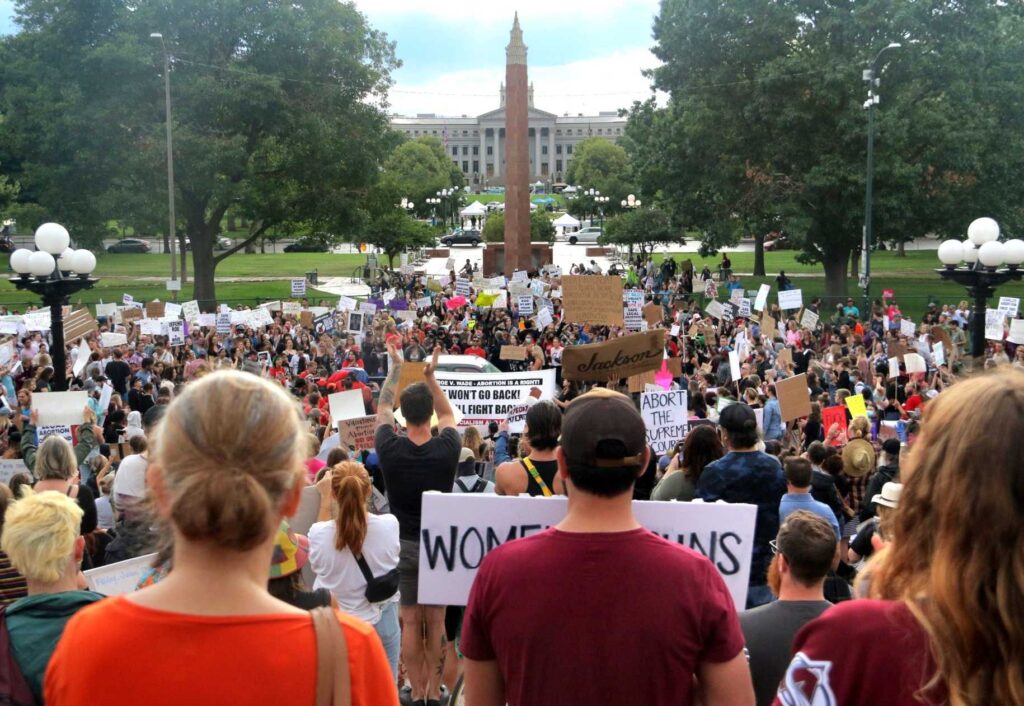
"Today I'm just in mourning. And quite frankly, I don't see the way forward today. Because today, we just have to feel this loss," said Tolonda Tolbert, who came to the Capitol bit later in the day, as people rallied around a woman who'd arrived with a pink bullhorn.
The ruling left Denver resident Matt Hernandez wanting to see reforms to the nation's highest court.
"It’s a game to them. People’s lives is not a game. And people need to get angry. Because this is next-level, where people should rise and get angry about it," he said.
As they watch the protest from across the Capitol lawn, friends Bonnie Hayes, Pat Rostvedt and Linda Goldberg of Parker were celebrating a ruling that they believe protects the lives of the unborn.
"I don’t think this ‘my body…’ — how do they say it? — ‘my body, my choice’ is a valid reason" for an abortion said one, arguing people who don't want to raise a child can give it up for adoption.
Further away from the Capitol, people's views on the ruling were more ambivalent.
Brian O’Malley was raised Roman Catholic and believes all life is sacred – but also that people should have the right to choose for themselves on this issue
"Everyone has certain religious views. And they should always express whatever they feel is right in those views, but they should not persecute other people's freedoms or ideas," he said.
85-year-old Frances McMahon said she opposes abortion, but she’s really just tired of the political back-and forth on the issue, and worries the ruling will be destructive.
"What are they gonna cause, just more problems here?" she said. "It’s just gonna be hell and you know it."
Advocates for abortion access brace for the future
On the Western Slope, Jennifer Hancock with Cobalt Advocates said she worries doctors in the area will have a hard time keeping up with demand.
"We need more providers, we need more volunteers, we need funding, we need a better network because we are going to be seeing so many people, so many needy people, who need safe healthcare, which is what abortion care is, coming into the state," Hancock said.
The new law codified the right to an abortion in Colorado, allowing an individual to get one at any point during a pregnancy. It also prevents local governments from banning the procedure or limiting access to contraceptives.
The Supreme Court decision does not affect any of the protections guaranteed by the RHEA. Abortions will remain legal in Colorado unless the state legislature decides to repeal the law. That’s unlikely unless Colorado Republicans claim control of the House, the Senate and the governor’s mansion.
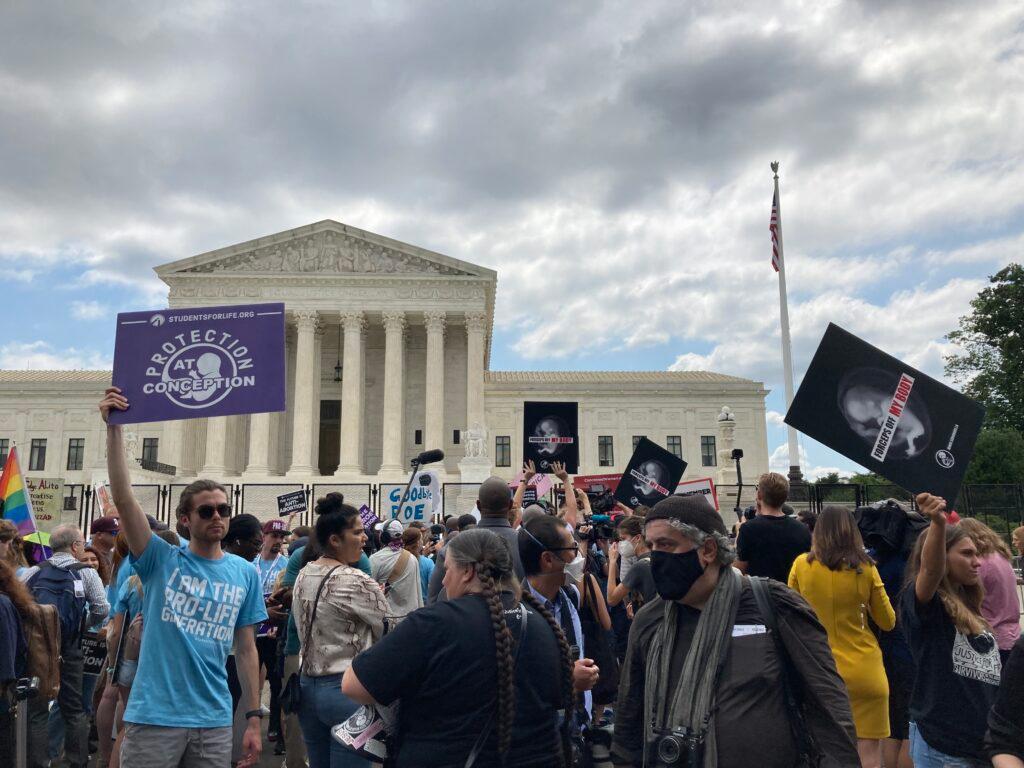
Colorado is expected to see an “uptick” in patients from states that move to restrict abortion access in light of the new Supreme Court decision. It’s unclear how big that impact will ultimately be.
Planned Parenthood of the Rocky Mountains said it expects to see appointments increase by about 20 percent in 1 to 3 years. More than 400 people from Wyoming came to Colorado for an abortion in 2021, and the number of people from Texas who came to Colorado for an abortion nearly doubled from 2020 to 2021.
The next stage of Colorado’s abortion debate will likely involve bringing the issue directly to voters.
Groups are already collecting signatures for a ballot measure that would ban the procedure at any point in pregnancy and under any circumstances, but have only raised around $5000 for the effort. Meanwhile, RHEA’s supporters have said they also plan to go to the ballot in 2024. Their goal is to guarantee the right to abortion in the state constitution. Coloradans have repeatedly voted to uphold legal abortion in previous ballot initiatives.
Opponents of abortion see more to do, in Colorado and nationally
Retired doctor Carl Malito had a simple reaction to Friday's ruling: "Elated. I’m delighted."
Malito heads the group Mesa County Right to Life, which opposes abortion and hopes the ruling will help chip away at acceptance for legal abortion in Colorado.
"Our task is to educate our family members, our sisters, our daughters, our granddaughters, that life is sacred and that life in the womb should be protected. And that we're not only interested in making abortion illegal, we're interested in making it unthinkable," said Malito.
Colorado Springs-based Focus on the Family has been working to end legal abortion for decades. This ruling marks the close of one chapter for the organization, and the start of the next.
"Now it's a 50 front battle zone for ideas and hopefully solutions," said President Jim Daly. "We've always thought these kinds of social issues need to be dealt with in the legislative branch, not the judicial branch. And so we've always supported that we think it's right for the Supreme Court to throw it back to the legislative branch.”
And while abortion remains the law of the land in Colorado, conservative commentator Krista Kafer sees a new opportunity for anti-abortion advocates to work to find limits Colorado politicians and voters will support.
“Can we, at some point, do another late-term abortion ban and protect those lives of children who would be viable outside of the womb? Can we protect children with disabilities from being aborted? I think those are doable in this state,” she said.
CPR's Andrew Kenney, Stina Sieg, Dan Boyce and election intern Max Lubbers contributed to this story.

